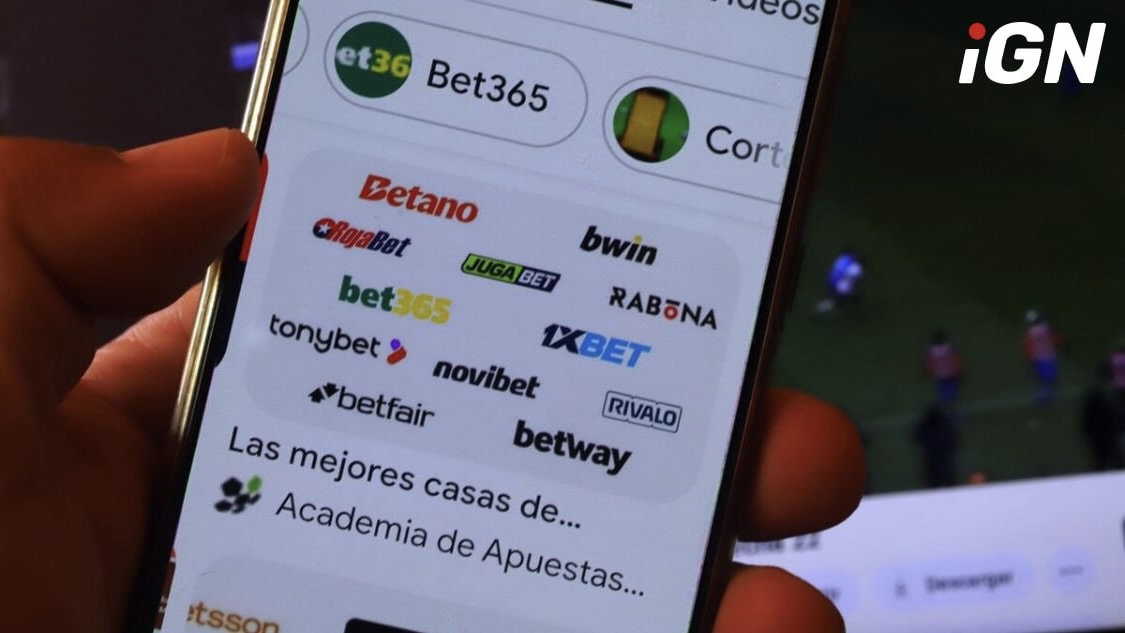Chile Gives Internet Providers a Deadline to Block iGaming

The Santiago Court of Appeals ordered the six largest internet providers — Claro, Entel, GTD, Telefónica, WOM, and VTR — to submit detailed proof within five days showing that they have blocked illegal online casinos and betting platforms, including Betano, Coolbet, JugaBet, Rojabet, and Betsson.
Court Actions and Key Decisions
The Santiago Court of Appeals required the providers to present a report confirming the blocking of these platforms. The case was initiated by the state lottery Lotería de Concepción, which accused the companies of failing to restrict access to iGaming sites.
The Supreme Court of Chile also upheld the obligation for providers to block platforms that lack local authorization. The court emphasized that network neutrality applies only to legal content, and the failure to block unauthorized websites was deemed “illegal and arbitrary.”
Regulatory Debate Around Online Gambling
The court rulings have increased pressure on lawmakers. Since 2022, Congress has been debating a bill aimed at regulating online gambling. In 2023, partial agreements were reached on taxation, liability, and sports integrity rules, but the bill was rejected by the Senate’s Economic Committee.
The main disagreements concern technology licensing, advertising standards, and compensation for traditional operators. These issues remain unresolved.
Growing Tension Among Market Participants
Additional pressure comes from disputes between the ANFP and the Ministry of Justice. The conflict stems from sponsorship contracts with international platforms that continue to promote themselves despite the lack of an approved regulatory framework.
Establishing a Future Regulatory Authority
The bill also proposes creating a new Superintendency of Casinos, Betting, and Gambling, which would be responsible for issuing licenses and overseeing compliance. Its key functions would include:
- Monitoring the transparency of financial operations
- Ensuring compliance with player protection requirements
- Restricting access for minors and vulnerable groups
- Implementing responsible gambling measures
Brazil’s Experience as a Working Model
While Chile is still shaping its legal framework, Brazil already operates under a regulated system. Since October 2024, the agency Anatel has blocked unlicensed websites and limited transactions to unauthorized platforms. Only domains using the “.bet.br” extension are allowed to operate legally.
Brazilian operators apply responsible gambling measures, including deposit limits, activity monitoring, and automated risk alerts.
Player Behavior and Market Stability
According to data from KTO, 63% of Brazilian players spend up to R$100 per month, and 90% of deposits fall below that amount. Additionally, 68% of users stick to a single platform, indicating a more stable environment.
Comparing the Approaches of Chile and Brazil
The difference is clear: Chile is still developing its regulatory framework, while Brazil operates under established rules aimed at safety, transparency, and control of online gambling platforms.
